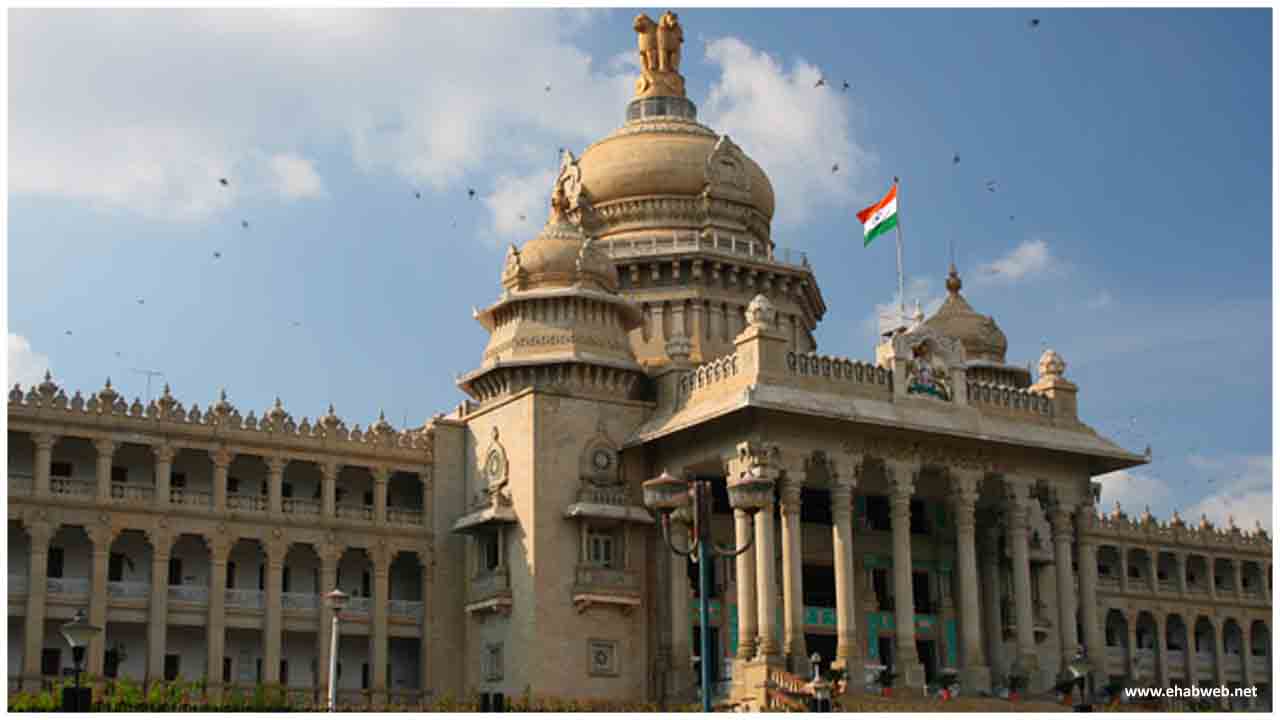With the confirmation of 10,386 patients having recovered from COVID-19 in the last 24 hrs, the total number of recovered patients is now 2,04,710. The recovery rate consequently rose to 53.79%. Currently, 1,63,248 active cases are under medical supervision.
The trend in the daily numbers shows an increasing rate of recovery, and an increasing gap between active and recovered cases. The increase in the proportion of recovered cases is a demonstration of India’s strategy of timely management of COVID-19.
Proactive measures like implementation of lockdown, sanitization of the general public to COVID appropriate behaviour by Government of India in coordination with the States/UTs, have significantly restricted the spread. The lockdown provided a breathing space for the government to ramp up the testing facilities and health infrastructure which ensured improved recovery rate by timely detection and clinical management of COVID-19 cases. This increasing gap is thus a result of the timely, graded, pre-emptive approach of the government to contain COVID19 and its implementation by countless frontline workers.
Meanwhile, the Centre has lauded the best practice from Karnataka for COVID-19 management which includes the comprehensive contact tracing of COVID-19 positive cases and physical/phone-based household survey which has covered more than 1.5 crore households. The two initiatives taken by the State Government are developed as part of the ‘Whole of Government’ approach with the involvement of multi-sectoral agencies and supported by technology-based solutions and interventions. They effectively trace and track each case thereby successfully containing the spread of the epidemic.
The Centre has asked the other States to adapt these best practices to their local context and replicate them for better management of the COVID-19 pandemic.
Contact tracing is a critical component to contain the epidemic and ensure that the health infrastructure does not get overwhelmed. Karnataka has widened the definition of ‘Contact’ to include both the high risk as well as low risk contacts as defined by Government of India. The number of primary and secondary contacts in Karnataka were meticulously traced and put under strict quarantine.
More than 10,000 well trained field staff carry out specific responsibilities for contact tracing as per the detail SOP designed by the State which prescribes step-by-step actions to be performed by each designated person. The Contact Tracing Mobile App and Web Application are being used to overcome the huge quantum of work, genuine forgetfulness of the positive persons and attempts to hide facts due to various reasons.
The State has been able to curtail the spread of infection in the slums of big corporation areas through compulsory institutional quarantine of the contacts residing in slums or similar areas. It has also been made mandatory for all returnees / travelers coming to Karnataka to register on “Seva Sindhu” portal, which enables the State to follow them for the next few days when they are in home / institutional quarantine. The ‘Quarantine Watch App’ is used to assist the field workers in enforcing the quarantine. The State has also formed Mobile Squads for enforcement of the home quarantine through community participation. In case information is received from the neighbor or public about violation of quarantine by any person, that person is moved to institutional quarantine.
With a view to identifying, protecting and treating high risk population like the elderly, persons with co-morbidities, pregnant women and those with Influenza like Illness (ILI)/ Severe Acute Respiratory Illness (SARI) on priority, Karnataka has conducted a physical/phone based household survey.
The survey was carried out during May 2020 and covered 153 lakh households out of total 168 lakh total households. Polling Booth Level Officers (BLO) were engaged to collect necessary information by using a Health Survey App as well as a Web Application. The data collected through the survey was complemented by the information already available with the Health Department for pregnant mothers and TB/HIV/Dialysis/Cancer patients. An outreach campaign through Apthamitra tele-consultation helpline (Call No. 14410) set up by the State Government, with support from NASSCOM, is being used to reach out to the households at risk through Interactive Voice Response System (IVRS) and outbound calls. The households reporting anyone with COVID-19 like symptoms are triaged by a telemedicine doctor and further advised. Field level health worker (ASHAs) also visits those households to ensure that the required healthcare service is provided.

 Timely lockdown gives Government. the opportunity to create more testing and healthcare facilities which is improving recovery rate
Timely lockdown gives Government. the opportunity to create more testing and healthcare facilities which is improving recovery rate























.jpeg)









